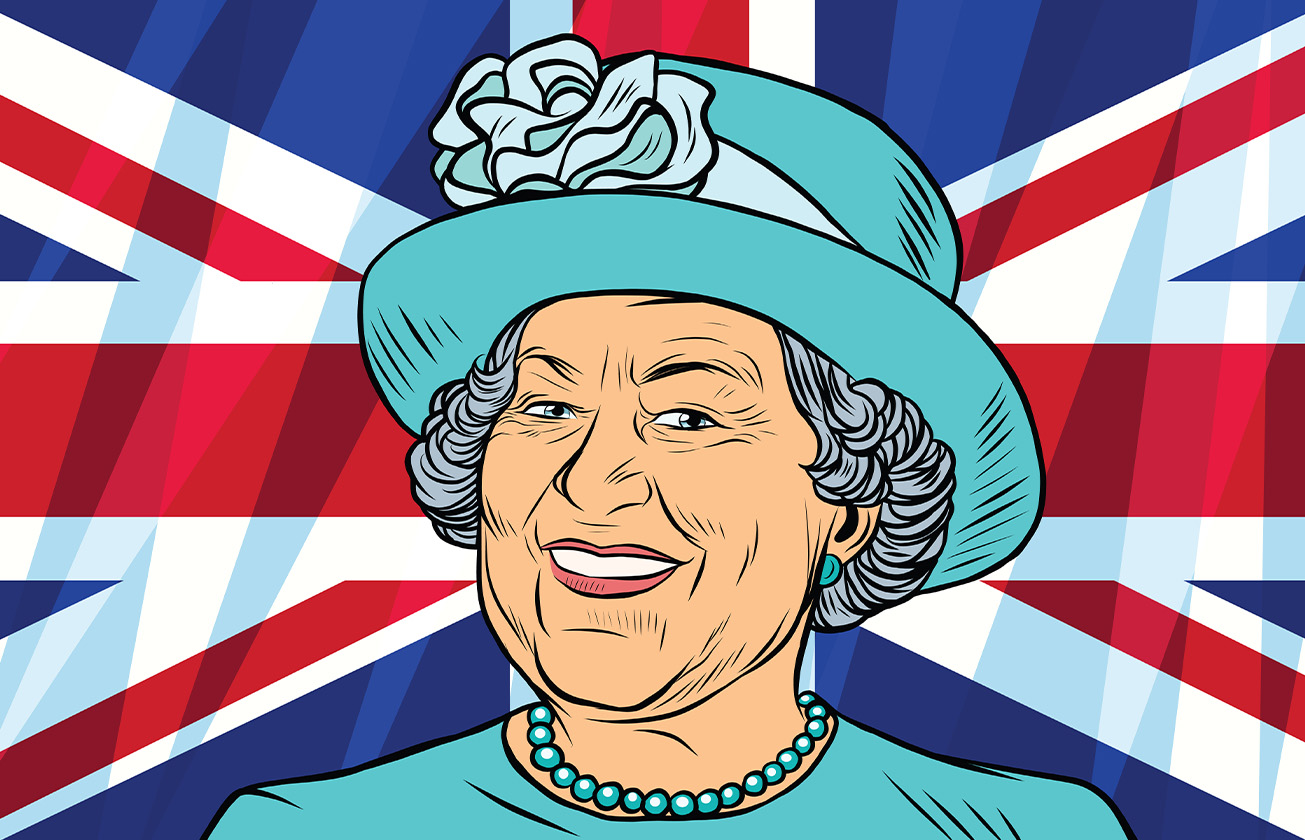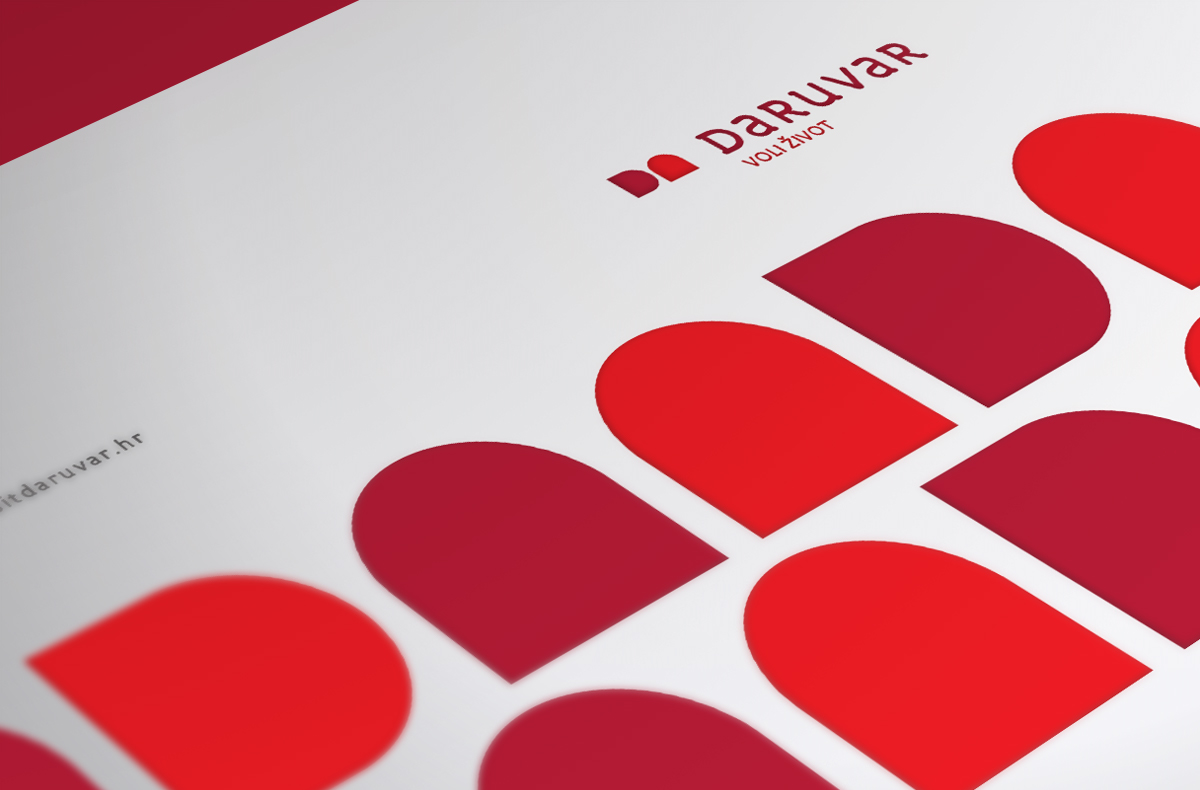Queen Elizabeth II and the British royal family: 5 lessons about good branding
The recent departure of British queen Elizabeth II and the extensive media coverage of the event testify about the extent to which the British Queen and the royal family have become part of the global pop culture and the most essential “royal brand” in the world.

From the marketing perspective, the British monarchy can be seen as one of the world's most famous brands, whose recognizability can be compared to the most popular brands worldwide. Queen Elizabeth II and the British royal family possess all the qualities of a good brand:
- Consistent brand promise
- Emotional attachment of its admirers
- Intriguing stories about the members of the royal family
- And the importance of the royal brand for the British economy and tourism
One could say many things about the Queen’s 70-year-long reign, but we’ll leave this subject to historians and political analysts to have their say. So instead, we, as marketing experts, will examine the phenomenon of Queen Elizabeth and the British royal family from corporate marketing and branding perspectives.
Let’s hear the story of a “royal brand” through five short branding lessons.
#1 Good branding holds to the consistent brand promise
Some marketing experts like Claudia Macdonald state that Queen Elizabeth II was one of the best brand managers in the world. As such, she managed the image of the British royal family with the intuitive knowledge of a marketing and branding specialist. More than anything else, the Queen knew that the genuine "royal brand" had to have a consistent brand promise.
As a professor of corporate marketing and an expert in royal branding John Balmer says the brand promise is a set of values and experiences that followers of a particular brand expect whenever they interact with the brand. Therefore, a successful and relevant brand promise has to be authentic and consistent, and the brand should hold to it as its fundamental principle.
The famous Queen’s speech in South Africa in 1947 established the grounds for the brand promise of the royal brand. The Queen has stated that her whole life, whether it be long or short, shall be devoted to the service of people and the crown. She has consistently upheld this statement since showing her impartiality about all the dividing issues of British society. She stayed loyal to the interests of the British monarchy and its 1000 years old tradition, and she has shown a strong empathy for the problems of the ordinary people. This year’s commemorative letter devoted to her 70th anniversary confirmed her devotion to the brand promise. Appropriately, she ended her letter with the words: “Your servant, Elizabeth R.”
#2 Good brand stands for quality, and it is universally recognizable
A good brand is expected to deliver high quality. In this regard, the British royal family has developed the authority of a quality warrant over the centuries. For example, the Royal Warrant of Appointment was established in the 15th century. And since then, it has become a sign of recognition and acknowledgment to the companies and people who have delivered good services to the royal family. Queen Elizabeth II and the Prince of Wales held onto the tradition and issued more than 800 warrants to the British and other companies and people worldwide. Many famous brands and companies have received this warrant, including Twining, Johnny Walker, Heinz, Martini, and Walker’s Shortbread company.
Walker’s has returned the favor to the Queen by issuing a special anniversary pack of biscuits with the Queen’s portrait. Royal Warrant of Appointment has the strict graphic emblem and wording “By appointment to…” which have to be applied to products or marketing materials of the awarded brands.
Besides quality perception, brand awareness and the brand’s recognizability are essential for successful branding. So, Queen Elizabeth II has become the recognizable icon and the universal symbol of the royal brand whose figure appears on many banknotes, postal stamps, and souvenirs. In addition, the Queen has developed a recognizable image and distinctive style with her elegant hats and mini bags she wore. Design experts claim that if you take Queen Elizabeth’s picture and transform it into a silhouette, you’ll instantly recognize her image. It is the final proof of the Queen's iconic status.
#3 Only successful brands develop a strong emotional connection with the audience
A significant indicator of the brand’s success is the connection of a brand or a product with its audience (brand engagement). And Queen Elizabeth had such a strong relationship with her fans that hundreds of thousands of them stood in line for more than 12 hours just to put flowers on her coffin!
Queen Elizabeth II has developed such an emotional attachment with her fans holding onto her unshakeable image of a just woman dedicated to duty and service. Yet, over the years, she has shown empathy for the ordinary person and a healthy sense of humor. In contrast to other monarchs who didn’t become global icons like her, Elizabeth offered seriousness, persistence, and consistency and tried to entertain people with good humor. In other words, she was an expert in brand engagement.
For that matter, Queen’s appearance in the video spot for the London Olympics opening in 2012 will stay legendary. In it, she appeared in the company of James Bond (Daniel Craig), and with the help of special effects and a stunt, she “landed” on the Olympic stadium by parachute. The video sketch has become viral, just like her recent appearance in the 70th-anniversary video with Bear Paddington.
Witty humor and clever pop references made Queen Elizabeth II and the British royal family top brand in the eyes of today’s consumers. So many of them, no matter where they live on the globe, are ready to pay for the plane ticket and visit the country with the coolest monarchs.
#4 Successful brand is the promotor of the national economy
When Queen Elizabeth II decided to open Buckingham palace to the public in 1993, she established good foundations for expanding “royal tourism” in Great Britain. Since then, millions of tourists have visited this country and the locations connected to the royal family and their institutions. Renowned web portal The Atlantic mentions that 10% of the visitors to Great Britain arrive because of their interest in the royal family and the possibility of sightseeing in Buckingham, Kensington, or Westminster Abbey or getting a royal souvenir. British shops cashed in 281 million British pounds on souvenirs only for the Queen’s platinum anniversary, reports The Washington Post.
Not only are souvenirs important for the British economy, but also significant royal events like weddings or birthdays of future inheritors of the throne. For example, the well-known Canadian magazine Maclean’s states the marriage ceremony of prince Charles and princess Dianna in 1981 gave a solid economic boost to the economy when Britain suffered from a strong recession. The wedding earned an enormous amount of money (around 2 billion American dollars) in souvenirs and hotel accommodation sales. This case should be considered a benchmark for all brand managers who are seriously into tourist marketing.
No matter how fascinating it seems, such economic and marketing success could not be possible without the essential ingredient of good branding – content marketing and storytelling.
#5 Good storytelling is the royal road to royal marketing
Queen Elizabeth II and the British royal family offered intriguing content marketing and remarkable storytelling that became the recipe for successful royal branding. So, here’s the lesson we can learn from it: without the fascinating story behind the brand, you will not have loyal followers. And the story of the British royals has been told in a straight line with occasional detours that didn’t damage the monarchy's reputation but only added some tabloid spice.
Elizabeth II offered a strong story about duty, integrity, and endurance that people could easily identify. In her dedication to the service and longevity people have recognized the strength of her beliefs and the glory of her country. Elizabeth II served as the stone of continuity while passing a baton of heritage to the next generations of British monarchs. Most political commentators now say that the new King Charles will have to lead the monarchy by following in his mother’s footsteps.
Even the royal family members' private affairs didn’t damage the crown’s dignity. Not even the turbulent events around Charles’s and Diana’s personal lives or Harry’s and Meghan’s departure could not diminish the public's interest in the royal fairytale stories. On the contrary, these tabloid stories enabled fans to participate in royal court life while effectively serving as the engine for storytelling.
What will happen next in the British royal saga will be evident after Charles’s first steps into the role of a new king. The departure of the Queen has emptied the London souvenir shops with plates and cups depicting her appearance. The demand is high, and it should be met with new royal stories and consistent marketing activities that will keep the public attention for the British royal brand.
Additional reading resources:
How Queen Elizabeth II made the British monarchy into a global brand | Brunel University London
https://www.brunel.ac.uk/news-and-events/news/articles/How-Queen-Elizabeth-II-made-the-British-monarchy-into-a-global-brand
Six brand management lessons from the Royal Family - New Zealand Marketing Magazine (nzmarketingmag.co.nz)
Three Royal Lessons On Branding - Branding Strategy Insider
Branding Lessons from Queen Elizabeth - STRONGBRANDSSTRONGBRANDS (timcalkins.com)
Six lessons from the Royal Family about marketing your business online - Real Business
Marketing Lessons to Learn from the Royal Family - lotus823
3 Brilliant Marketing Tips from the British Royal Family (segmentify.com)


